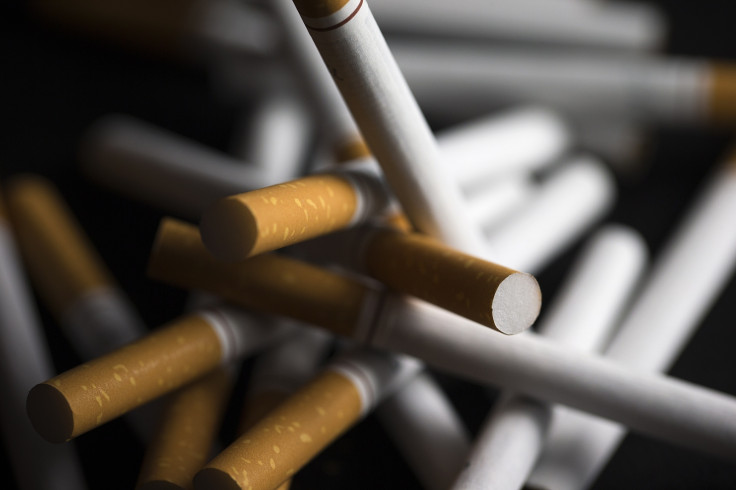World Health Organization Approves Global Tobacco Tax Hike in Secret Moscow Session

The World Health Organization (WHO) on Tuesday (14 October) approved a measure requiring countries across the world to raise the excise taxes on cigarettes and other tobacco products.
I am proud to be the No. 1 enemy of the tobacco industry. That is a badge of honor for me.
WHO delegates met in Moscow this week and voted to move forward on the implementation of a key part of the 2003 Framework Convention on Tobacco Control.
The international tobacco tax provision will mandate all the countries who signed on the UN anti-tobacco agreement –which includes all the major countries except the United States, Switzerland and Indonesia, to implement a tax equivalent to at least 70 per cent of the retail price of the tobacco products.
WHO officials have said that the hike in tax is justified, as tobacco creates an economic burden on the society with the higher health care costs borne out of tobacco-related diseases.
"Parties that have increased tobacco taxes in general experience a corresponding increase in tobacco prices and, in some of those countries, a tax-driven reduction in tobacco consumption has been documented," according to the WHO report.
WHO Director-General Margaret Chan said at the opening of the five-day conference that the meeting was vital to address the growing addiction of tobacco that has claimed an estimated six million lives worldwide this year.
"I am proud to be the No. 1 enemy of the tobacco industry. That is a badge of honor for me," said Chan.
Critics unite against global tobacco tax
The news pushes gives impetus to the demand for a global tax on tobacco, though critics remain wary of a uniform tax, warning it could lead to a rise in smuggling and illegal trade in tobacco products without a major drop in smoking.
The difference between tobacco and heroin is that the government follows and is in touch with tobacco smokers.
Arthur Laffer who is an expert on tax policy says if he was granted one wish, he would remove tobacco addiction from the world, yet, "if you raise tax rates and cause people to smuggle cigarettes ... it's not wonderful."
Laffer quit smoking 40 years ago, and lost his mother to lung cancer.
He fully supports the WHO initiative to rid the world of its tobacco addiction, but believes a global tobacco tax may push smokers into an unregulated black market.
"The difference between tobacco and heroin is that the government follows and is in touch with tobacco smokers," said Laffer.
Arthur Laffer, an American economist says: "One size does not fit all. Tobacco regulation and taxation are complex matters that require consideration of a number of political, economic and demographic factors prior to deciding on tax structures and levels."
Philip Morris, spokeswoman Iro Antoniadou agrees, saying governments "don't need international organizations to tell them which tax structure and tax level best match their domestic economic and social conditions," as reported by Agence France-Presse news.
Members of the media, including journalists from The Washington Times, were jointly voted to be blocked from the convention.
Other controversial happenings from the event included US and Canadian delegates boycotting the convention in protest to Russia's role in the Ukraine crisis.
© Copyright IBTimes 2025. All rights reserved.






















